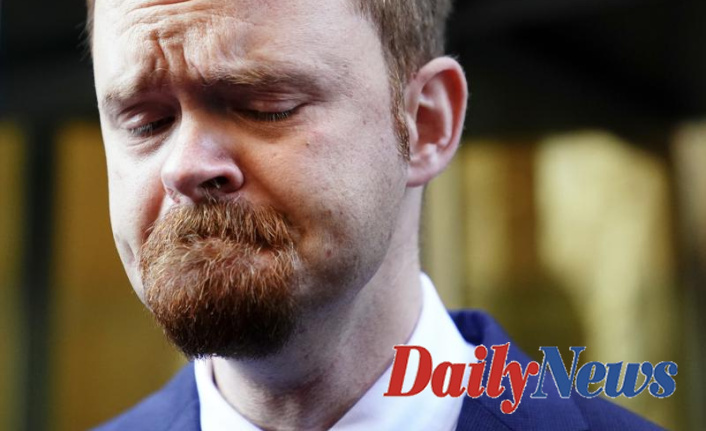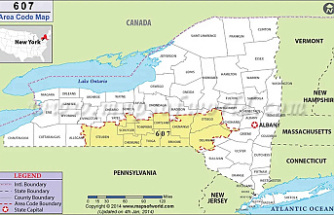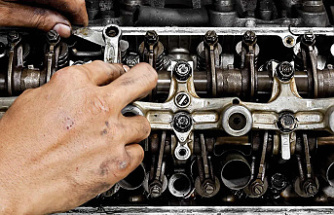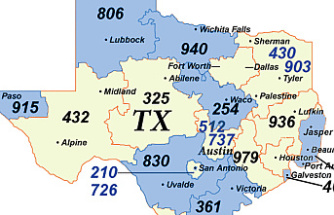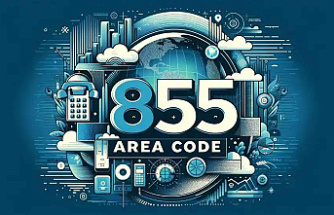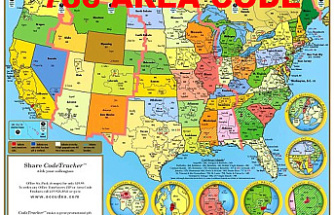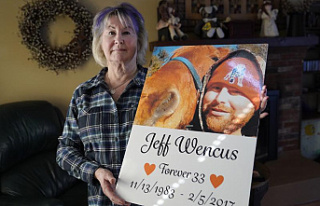The jury found that he operated the train at twice the speed limit for a curve, which was not criminal negligence.
Brandon Bostian (38), was acquitted of causing a disaster, involuntary murder, and reckless endangerment. The jury took less than an hour to decide -- one for each death and injury. Amtrak had previously settled civil litigation regarding the crash for $265 millions.
The train reached a curve at 106 mph. This is more than twice its 50 mph speed limit before it was derailed in Philadelphia.
Bostian was described by his lawyer as a train enthusiast who had a perfect record of work until he became distracted by reports that people were throwing rocks into the area before the crash. Given the number of charges against him, he could have been sentenced to years or even life imprisonment.
"It's been seven long years for him wondering whether he'll ever have his life back." After the verdict, Brian McMonagle, defense lawyer, said that the jury had given him his life back. "We have been saying since the beginning that Brandon never committed any crime."
McMonagle concluded his arguments by stating that the only criminals in the case were the ones who threw rocks at the train ahead. Nobody was ever arrested.
Federal safety investigators determined that Bostian lost "situational awareness" while on the track. They believed he was going past an S curve and on a straightaway, when he accelerated from 65 mph up to 106. He was actually in the middle of S-curve. Investigators did not find any evidence that he was fatigued, impaired or using his phone at the time.
The jury had to decide whether Bostian, who is no longer employed by Amtrak, intentionally accelerated in order to avoid the dangers.
This case has a long legal background, with judges discussing whether Bostian's actions were criminal. Common Pleas Judge Barbara McDermott presided over the seven-day trial. She questioned the sufficiency of the evidence but stated that she would reconsider the matter after a jury verdict. It now seems that the point is moot.
Prosecutors claim that Bostian was recklessly negligent in the safety of his passengers who were travelling from Washington to New York on Tuesday evening. About 10 minutes before the train arrived at Philadelphia's 30th Street station, it was headed north.
Charles Gildersleeve (an ex-firefighter from New York) testified that he searched hospitals for his brother two days after the crash and then learned that he had passed away. Robert Gildersleeve was heading to New York for an office conference, after attending the lacrosse practice of his son that evening.
Blair Berman, another witness, said that Bostian asked him to borrow his phone after he ran into him in the wreckage. He didn't tell her that he was driving the train. Bostian answered her question about where they were. He said that they were in Franklin Junction.
Prosecutors made the argument that Bostian knew exactly where he was at the time of his crash and should have known the speed limit.
Tom Kline, a lawyer representing both witnesses and Amtrak 188 families said that the verdict does no negate the "public accountability", which the trial brought. Bostian's lawyer finally admitted that the engineer made errors to victims, he said.
Kline stated that this provides closure for the eight families that lost loved ones and the scores of others who were severely injured by Mr. Bostian’s conduct on that day.
The top Philadelphia prosecutor declined to press criminal charges. However, the Attorney General's Office took over.
"There is no doubt that the defendant's excessive speed caused death and injury to his passengers," stated the state Attorney General's Office in a statement.
Congress raised the $200 million settlement limit for Amtrak accidents to $295 million after the crash.
After the jury began to weigh the charges on Friday morning, an alternate was needed because one of the jurors had died. The jury then recommenced its deliberations.

